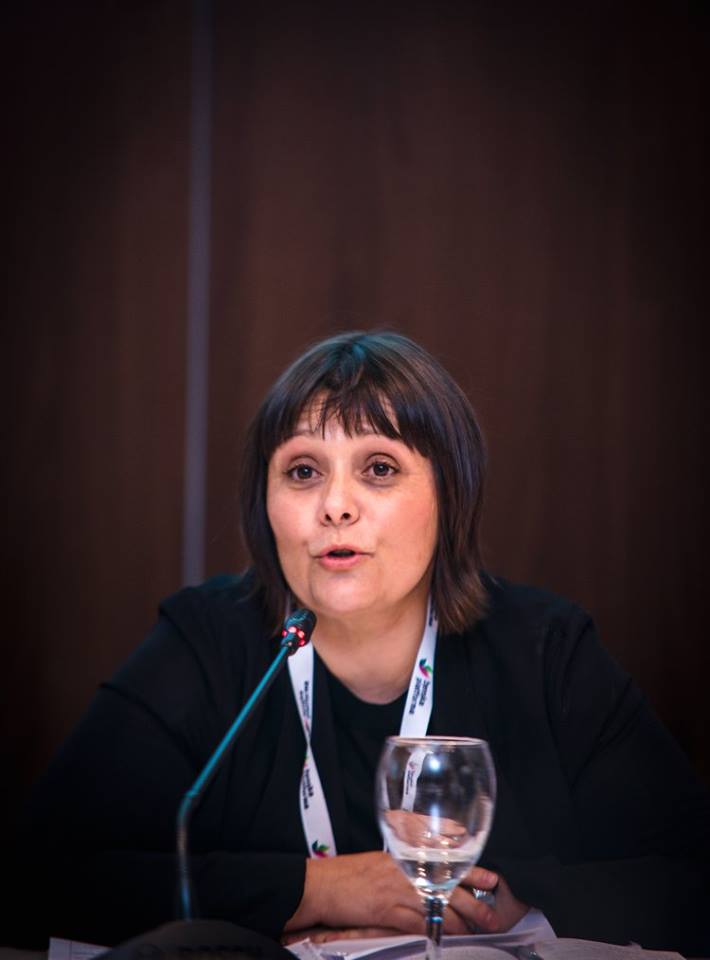
Zorana Antonijević received her Ph.D degree in Gender Studies at the Centre for Gender Studies, University of Novi Sad. At the core of her academic and professional interests are gendered institutions, gender mainstreaming in public policies, critical studies on men and masculinities and their application to post-conflict, transitional context of Europeanization in the Western Balkans. During 15 years of being a feminist Zorana has been involved in drafting and analysing some of the most important policies and legislation of gender equality in Serbia. She worked as gender equality consultant for various international organizations such as UN Women and for the government. She is a member of the European Association for Gender Research, Education and Documentation, and the Section for Feminist Research and Critical Studies of Masculinity of the Serbian Sociological Association. During her doctoral research in Sweden in 2016, Professor Jeff Hearn has introduced her to collective memory work. In 2017, she initiated application of CMW with a group of female friends, enthusiasts and feminist-activists. It has been, so far, a source of fun, more profound friendship and feminist engagement to understand better present and past.
Zorana’s Contribution at the Symposium
CMW in Serbia
The presentation will describe how a small group of eight women, feminists and activists from Serbia started the collective memory initiative in 2017. I will present the main idea of why we gathered in the first place and how we organized our memory work. Initially, we have attempted to try to restore bits and pieces of our private and public lives during the times of wars, political and economic crises. Our memories also cover the socialist period of ex-Yugoslavia. After writing down and discussing our memories on body hair, moving from one place to another, dance or men whom we did not want to remember, we are deeply convinced that collective memory work could serve as a point of departure in researching women’s experience. Our joint endeavour in Serbia is unique, in terms of both grass-roots women’s movement initiatives and academic research. I will conclude my presentation by giving some concrete examples from our memory work on how power structures such as sexuality and gender, but also the nation and violence shaped us as women, activist and feminists.